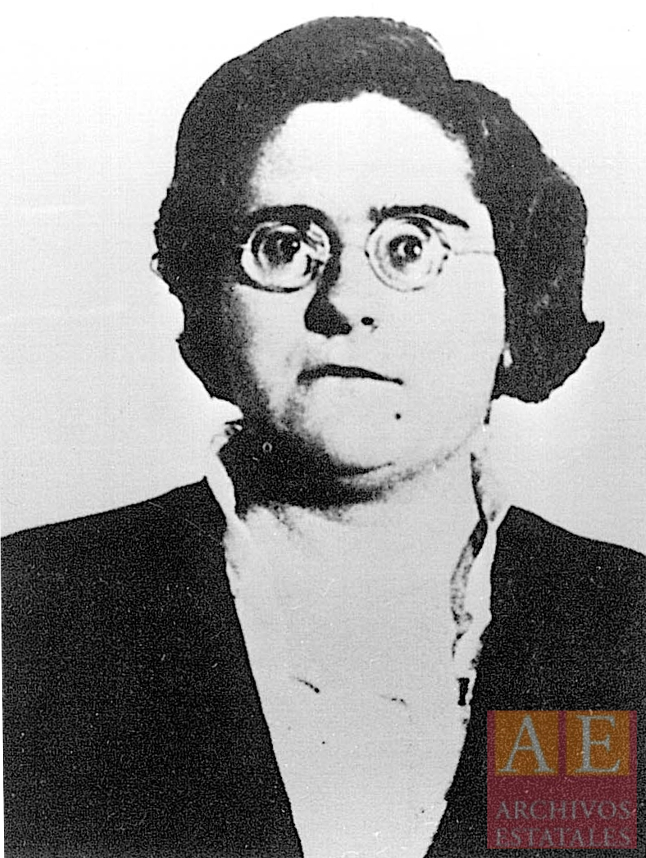 Persona - Montseny, Federica (1905-1994)
Persona - Montseny, Federica (1905-1994)
Identificación
Tipo:
Persona
Forma autorizada:
Montseny, Federica (1905-1994)Otras formas
Fechas de existencia:
Madrid (España) 1905-02-12 - Toulouse (Alto Garona, Francia) 1994-01-14
Historia:
Política, escritora, novelista, ensayista, periodista, anarquista y feminista española. Ministra durante la II República española, siendo la primera mujer en ocupar un cargo ministerial en España y una de las primeras ministras de Europa Occidental.
Nació en 1905 en Madrid. Hija de los anarquistas Joan Montseny y de Teresa Mañé. Como ellos, Federica escribió en "La Revista Blanca", fundada por sus padres, hasta su desaparición en julio de 1936. Es una de las figuras feministas más emblemáticas de España, pionera como Margarita Nelken y Victoria Kent.
En su cargo como Ministra de Sanidad y Asistencia Pública (5/11/1936-17/03/1937), promovió propuestas como la legalización del aborto, la creación de comedores para asegurar la buena alimentación de las embarazadas, la realización de una lista de actividades profesionales para personas con diversidad funcional, cognitiva y mental, la inspección de centros sanitarios, la creación y redefinición de centros de acogida de huérfanos y la instauración de liberatorios de la prostitución. Sus habilidades de oratoria permitieron que la voz de Federica Montseny llegara a grandes masas en sus conferencias, las cuales pronunció incluso en plena Guerra Civil Española en los cines Coliseum de Valencia y Barcelona, y el Teatro Apolo de Valencia (1937). Compañera sentimental del también anarquista Germinal Esgleas con quien tuvo tres hijos: Vida, Germinal y Blanca.
Tras la finalización de la Guerra Civil toda la familia cruzó a Francia iniciándose así su largo exilio. Su madre fallecería poco después de cruzar la frontera, en Perpiñan, en febrero de 1939. A partir del exilio dejó de escribir obras de ficción y se dedicó a dar testimonio de la guerra, el éxodo a Francia, la España bajo Franco y el triste destino de los exiliados españoles.
Vivió en París dónde trabajó para el SERE en 1940. Estuvo internada en los campos de refugiados del sur de Francia como el campo de concentración de Gurs y allí se alistó en un Grupo de Trabajadores Extranjeros (GTE). Más tarde, la familia se instaló definitivamente en Toulouse y allí Federica continuó trabajando por la reorganización del movimiento libertario en oposición al franquismo, y en esta línea dirigió y escribió en las revistas L'Espoir y CNT. Regresó a España tras la muerte de Franco y continuó ofreciendo conferencias y mítines hasta 1985. Falleció en Toulouse a los 88 años de edad en 1994.
Fecha del evento: 1936 - 1939
Ocupaciones
Profesión (Es realizada por):
(Función) Desempeña/lleva a cabo/realiza:
(Función) Desempeña/lleva a cabo/realiza:
Lugares
Lugar de Residencia:
Lugar de Residencia:
Lugar de Nacimiento:
Lugar de Defunción:
Conceptos/Objetos/Acontecimientos
Fuentes
Relaciones
Relaciones asociativas :
Relaciones familiares :






